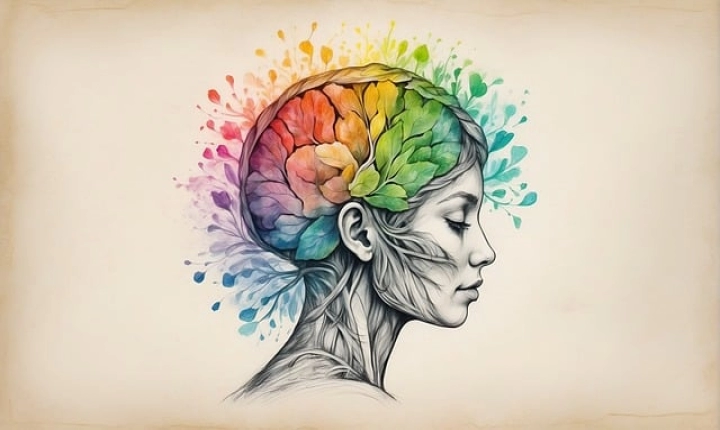Title: How Do We Use AI Every Day: A Look at Common Applications
Artificial Intelligence (AI) has become an integral part of our daily lives, often without us even realizing it. From personalized recommendations on streaming platforms to smart assistants in our homes, AI has permeated our daily routines. Let’s take a closer look at some common applications of AI that we use every day.
1. Smartphone Assistants: AI-driven virtual assistants such as Siri, Google Assistant, and Alexa have become ubiquitous. These assistants can help us with a wide range of tasks, from setting reminders and sending messages to answering questions and providing directions. They use natural language processing and machine learning algorithms to understand and respond to user commands.
2. Social Media Algorithms: When we scroll through our social media feeds, AI algorithms are at work, determining the content we see. These algorithms analyze our interactions, preferences, and behavior to personalize our feeds and show us content that is most likely to engage us. AI helps social media platforms deliver targeted advertisements and recommend connections or content, enhancing our overall user experience.
3. Online Shopping Recommendations: E-commerce platforms leverage AI to provide personalized product recommendations. By analyzing our browsing history, purchase patterns, and demographic information, AI algorithms can suggest products that align with our interests and preferences. This makes for a more tailored and convenient shopping experience.
4. Email Spam Filters: AI is used to filter out spam messages from our email inboxes. By analyzing the content, sender information, and user behavior, AI algorithms can accurately identify and divert spam emails, allowing us to focus on the messages that matter.
5. Navigation Apps: AI-based navigation apps like Google Maps and Waze utilize real-time traffic data and historical patterns to provide users with the most efficient routes. These apps use AI to predict traffic conditions and suggest alternative routes, ensuring a smooth and stress-free travel experience.
6. Healthcare Diagnostics: In the healthcare sector, AI is used for medical imaging analysis, disease diagnosis, and personalized treatment planning. AI algorithms aid healthcare professionals in identifying anomalies in medical images and processing vast amounts of patient data to make accurate diagnoses and treatment recommendations.
7. Smart Home Devices: AI-powered smart home devices, such as smart thermostats, security cameras, and lighting systems, offer convenience and energy efficiency. These devices use AI to learn and adapt to our daily routines, automatically adjusting settings based on our preferences and behaviors.
As AI continues to advance, its influence on our daily lives will only grow. While these applications offer significant benefits, it’s important to consider ethical implications and privacy concerns associated with the use of AI. Understanding how AI is integrated into our everyday activities helps us appreciate its impact and make informed choices regarding its use.
In conclusion, AI has permeated various aspects of our daily lives, enhancing convenience, personalization, and efficiency. By recognizing and understanding the ways in which AI is integrated into our routines, we can navigate this technological landscape with awareness and appreciation for its capabilities.
